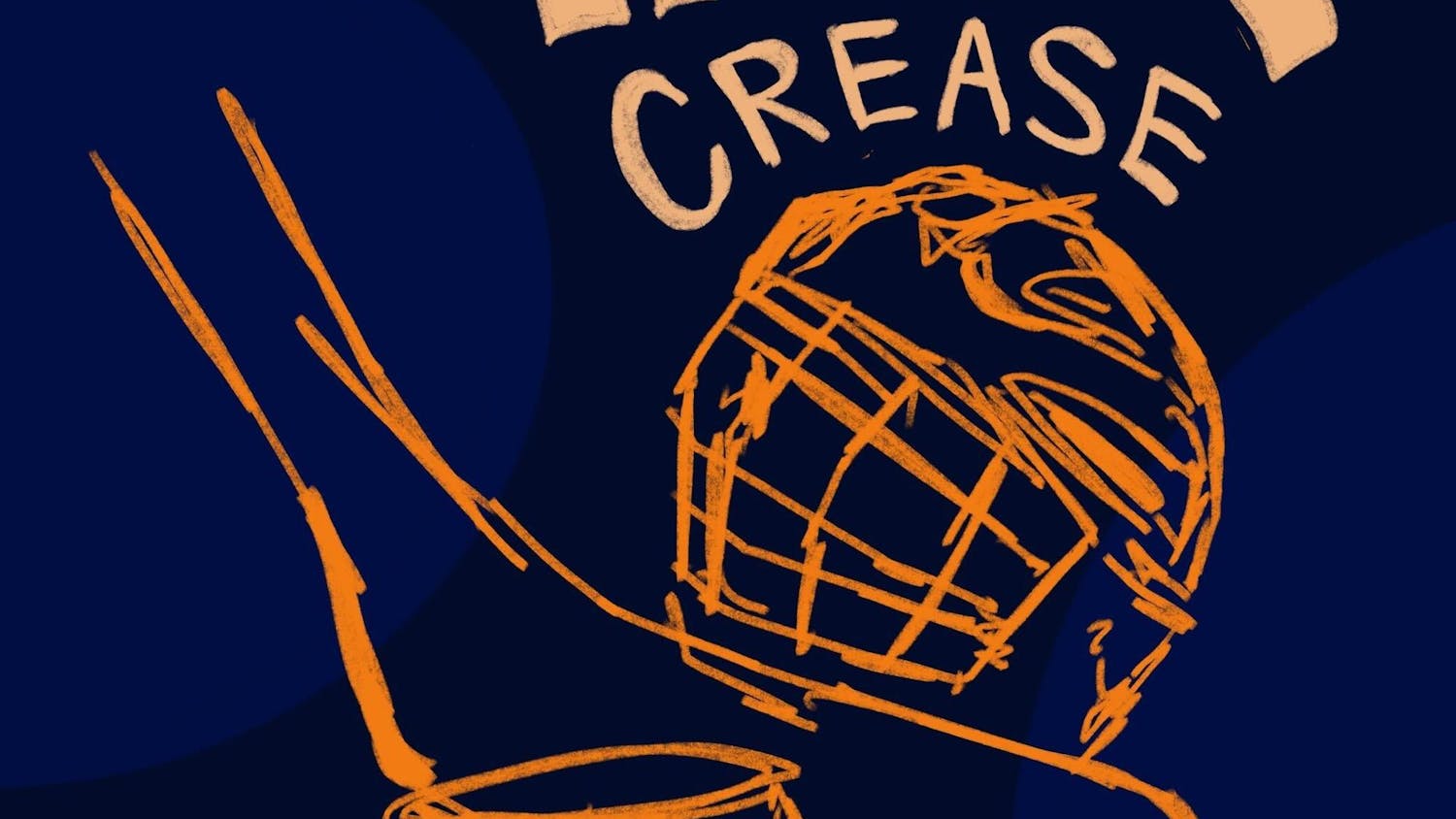Talking about sports and politics in the same breath is crazy. Sports, as I've been told so many times, is just a game. When you hit a home run, you aren't changing the world. When a team plays for its playoff "life," no one is actually in danger. When your team loses, it hurts, but the pain isn't the kind of pain that changes you.
Sports is a hobby, a pastime, a passion. We love it, but deep down we know that there are a large number of things that are just more important. But while I admit that sports isn't a vital part of life, I know that there is a palpable connection between the two.
People of my generation have grown up in an era of cynicism and rightly so. We were just hitting consciousness when the Clinton scandal broke, and we found out a little fellatio had the ability to rip apart our government. We were learning our times tables when the election, the very rock of democracy, was stolen without anyone raising much of a fuss. We were on the cusp of puberty when terrorists flew planes into the World Trade Center and the Pentagon. We were barely entering adulthood when our country entered into a clusterf--k of a war behind a president whose incompetence and two-facedness made us feel like the laughingstock of the international community. And now, on the verge of complete self-dependence, we are amidst the greatest economic crisis since the Great Depression.
Politicians will lie to you, the media will mislead you, businesses will steal from you and strangers will kidnap you. Don't talk to strangers! Don't take candy from anyone! We've simply learned not to trust.
In sports, the attitude was the same. In 1994 unbridled greed caused an MLB players' strike that cut short a season of promising baseball. The World Series, which had never been cancelled despite two World Wars, the Great Depression, the 1989 earthquake in San Francisco and the attacks of Sept. 11, wasn't played for the first time since 1904. The players committed the ultimate betrayal for a buck.
In baseball and track, performance-enhancing drugs ruined the image of each sport. Worst of all, it changed the way we thought of incredible athletic feats. When a 98-mph fastball was hit out of a stadium or a 100-meter dash was over before it started, the look of utter amazement at what another human body is capable of turned into a look of uncertain indifference.
It felt like we traded in the great competitors of the previous generation for A-Rod's ego, Vick's dogfighting ring, Manny's immaturity and Kobe's
rape case.
Sports, the magical place where full-grown men get paid to play a game, felt tainted. The one place where innocence was supposed to somehow still live felt just as dirty as the rest of it.
But as corny as it sounds and as corny as it is, I feel hope on the horizon. Performance-enhancing drugs have been weeded out of professional sports and athletic bodies are once again starting to look naturally beautiful. There's been a push away from greed and toward playing the game right way. More responsible and dedicated stars are starting to take the place of the highlife-living thugs that created the negative stereotype of the professional athlete. Respect for the game seems to be on the rise and more and more young athletes seem to appreciate the history of their sport. Things are most definitely changing.
There is a connection between the state of American life and American sports. I'm sure of it because as a sports fan, I'm more excited for the future then I've ever been. And as an American, well, this is the first time I can say the same.
--Gideon Jacobs is a sophomore who has not yet declared a major. He can be reached at Gideon.Jacobs@tufts.edu.





